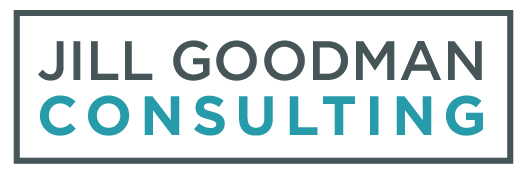Kicking Shin
A few months after I launched my consulting practice, a friend enthusiastically asked me, "So, are you kicking butt?!"
I thought about a painful experience that I was still processing, and I said, “Well, I would say I’m kicking shin.”
The reason for my internal existential crisis and that I was not kicking butt at that moment was that a professional collaboration had gone wrong. I was blind-sided and it stung. I needed to re-evaluate how I set up a collaboration, understand what I wanted from the relationship, and how to articulate it.
Women generally take on a larger responsibility for collaboration at work. Men are 36% more likely to share knowledge and expertise, while women are 66% more likely to assist others in need using time as a resource. Within the workplace, women are expected to collaborate, and those that do receive 14% higher ranking from managers.
On further reflection, long-held societal norms contribute to the likelihood that women will help others by giving away their precious time and resources. When women articulate their confidence and are assertive in their skill and expertise, that behavior is often not rewarded in the workplace. These norms prevent us from clearly articulating the intention for the collaboration or clarify the goals of it.
Here are three steps to get closer to kicking butt in your collaborations:
Think about why you need to collaborate. Is this an area where you should know more but have not taken the time for professional development? Is it a crisis of confidence, and if so, what steps can you take to feel more confident before deciding to collaborate with your colleague? How will this collaboration benefit each of you? Be sure to consider how your collaborator will benefit from the arrangement, otherwise, she is not a collaborator, but rather a coach, mentor, or fixer.
Set your intention for the collaboration. In the best-case scenario, what will the outcome be for you if you collaborate? What is the worst-case possibility? What steps can you take to ensure the best result?
Formalize the collaboration. Once you have addressed all of the above, approach your potential collaborator from a professional and respectful perspective. Have a conversation about the proposed collaboration and if it seems like a fit, draft an agreement or charter to ensure that you both agree to the terms of engagement.
If collaborations in your organization have become treacherous, let’s talk about ways to better communicate intentions and projected outcomes.
The author, Jill Goodman, is a consultant working with independent school leaders to advance their school’s mission, enhance their processes, and bolster their skills.



